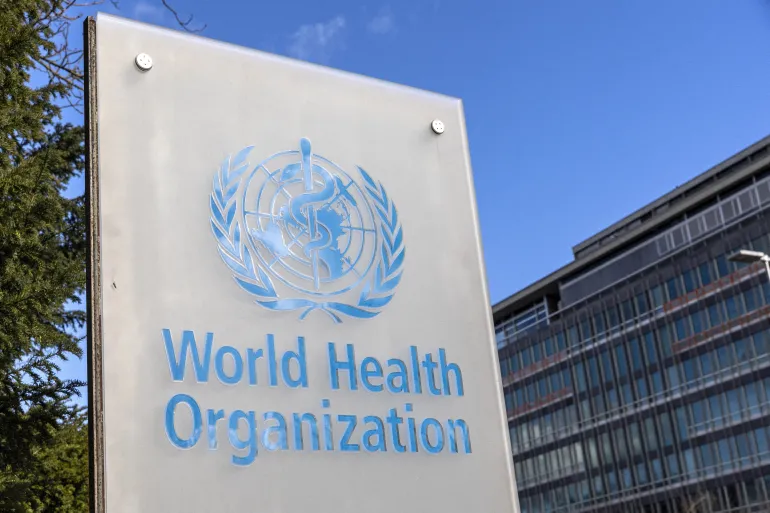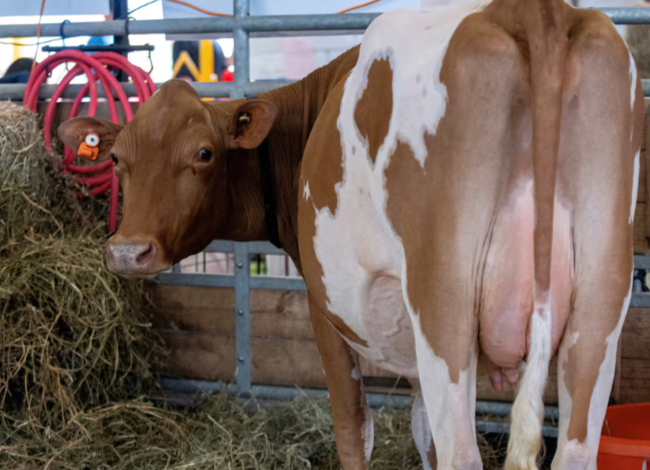The US Department of Agriculture (USDA) will soon initiate nationwide bulk raw milk testing for bird flu, a move aimed at enhancing virus surveillance following concerns raised by industry and veterinary groups, Reuters reports.
This expanded monitoring program, which will start in early November, reflects USDA’s response to calls for stricter oversight to contain the virus’ spread, Agriculture Secretary Tom Vilsack confirmed.
The USDA’s testing will begin with milk samples from states where dairy herds have tested positive, then extend to those with no confirmed infections, Vilsack explained. This enhanced effort follows a significant spike in infections, particularly in California, where nearly 200 dairy herds have tested positive for bird flu since August. Nearly 400 herds across 14 states and 36 people have been affected by the virus this year, according to USDA and CDC data.
USDA’s decision also aligns with recommendations from industry groups, including the US Animal Health Association and the American Association of Bovine Practitioners (AABP). These groups have emphasized the need for a coordinated national plan and noted that current voluntary testing measures have not contained the virus effectively.
“We can’t wait for a virus to burn out,” said Keith Poulsen, director of the Wisconsin Veterinary Diagnostic Laboratory.
The AABP has proposed weekly milk tanker testing, highlighting gaps in the USDA’s current program and urging broader testing coordination.
Concerns from federal health officials also underscore the virus’s potential to mutate if co-infections occur, as bird flu season converges with the flu season. However, the CDC maintains that the risk to the general population remains low.
The USDA, committed to eradicating the virus, hopes to replicate successes seen in Colorado, where bulk milk testing has reportedly eliminated new bird flu cases in dairy cattle. The agency’s enhanced measures mark a shift from its previous strategy, which relied on voluntary herd testing and a limited pre-movement testing rule for lactating dairy cows crossing state lines.
Despite USDA’s commitment, some dairy farmers remain hesitant to enroll in voluntary testing due to potential economic impacts. Currently, only 64 of the country’s 27,000 dairy herds participate in the USDA’s voluntary program, a figure some industry experts believe is insufficient to control the spread.








